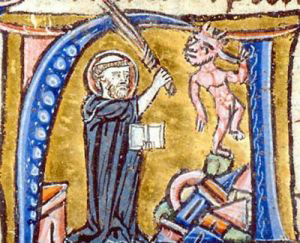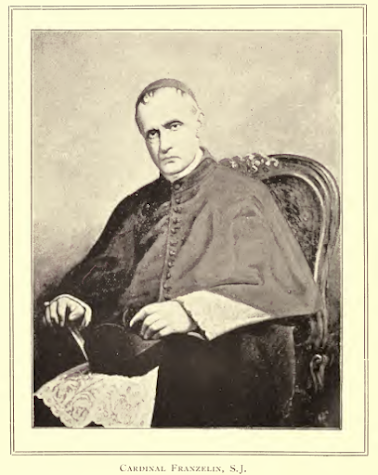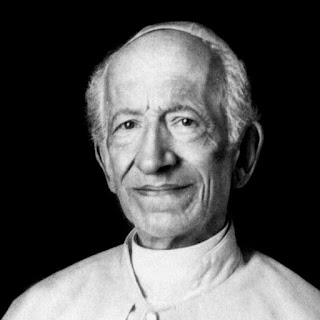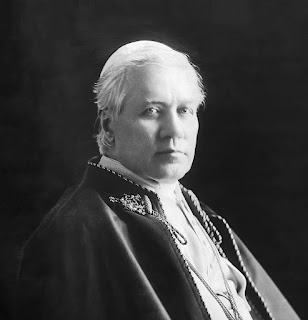Two Logical Arguments in Favor of the "Infallible Safety" of the Ordinary Magisterium
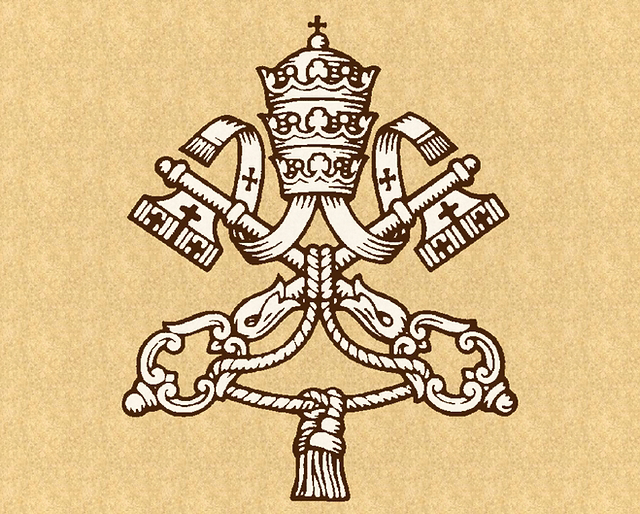
Thesis: Individuals cannot and ought not accuse the Ordinary Magisterium (OM) of Pope Francis as having had promulgated heresy or serious error. NOTE: Definitions of terms used in this post, and in this blog more widely can be found here . My reasoning for this is two-fold: (1) Why I assert that Pope Francis cannot be accused of heresy. This is because I assess that each instance of Francis' ordinary magisterium which is accused of such heresy can be interpreted (and thus should be interpreted) in an orthodox manner. Thus, the evidence of such heresy is not blatantly obvious; hence the evidence of such heresy is likewise ambiguous. In an instance of ambiguity, the most charitable interpretation should be rendered the acceptable one. [I hope to eventually address argument (1) more specifically by taking a look at the instances in which the OM of Francis has been accused of heresy or serious error, and why such interpretations are not the only interpretations that can b...
